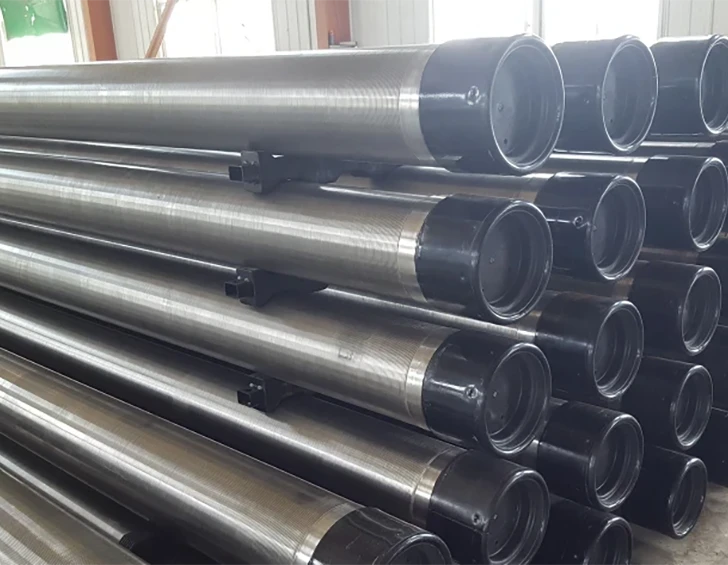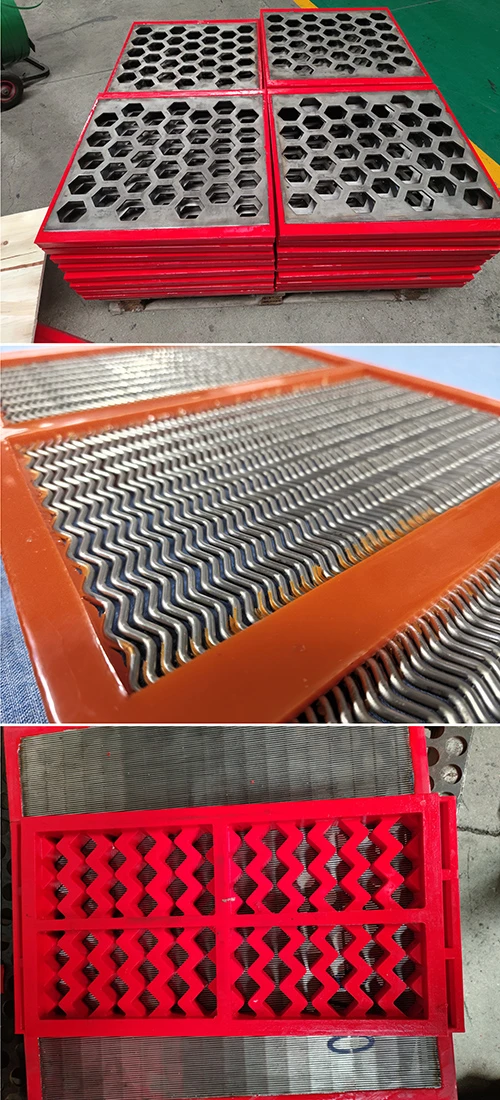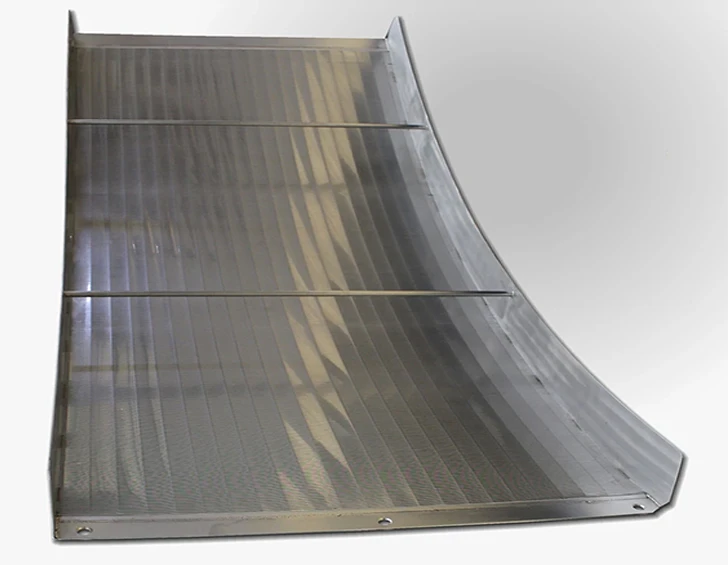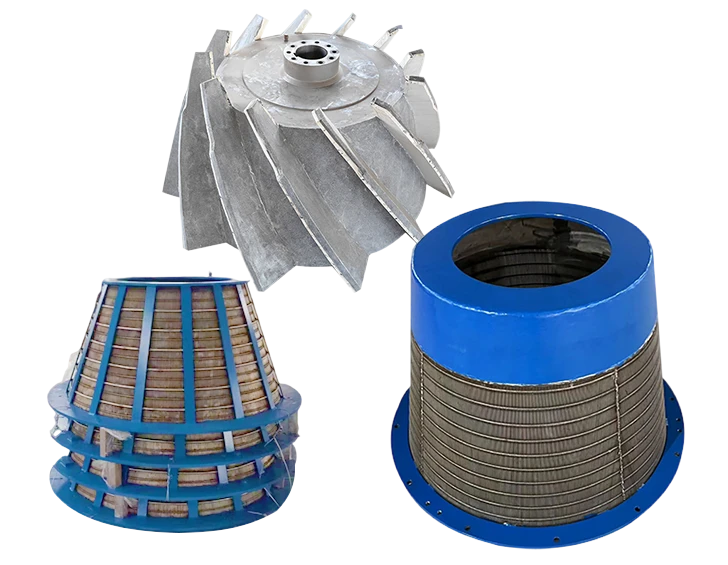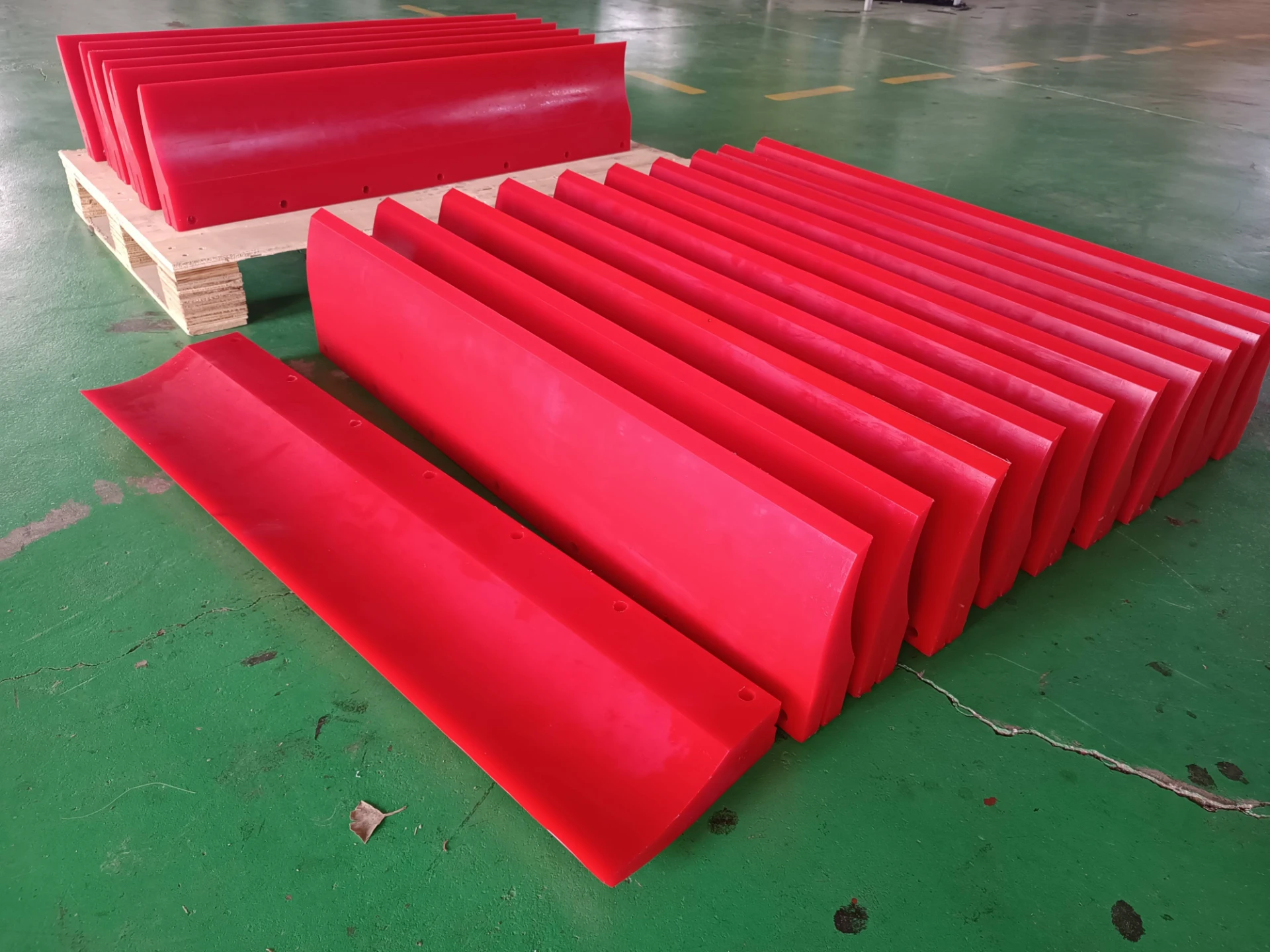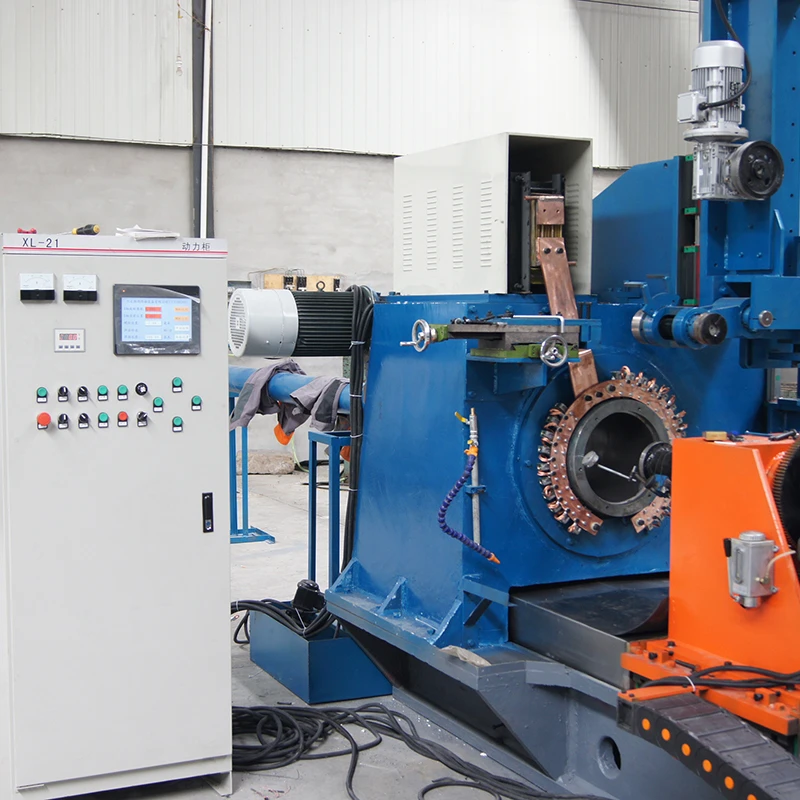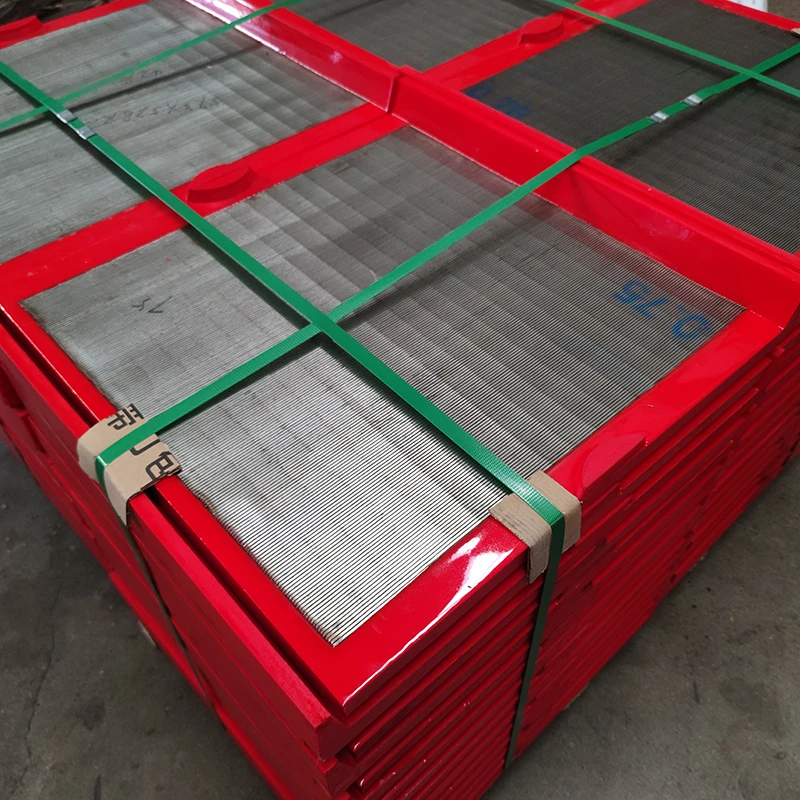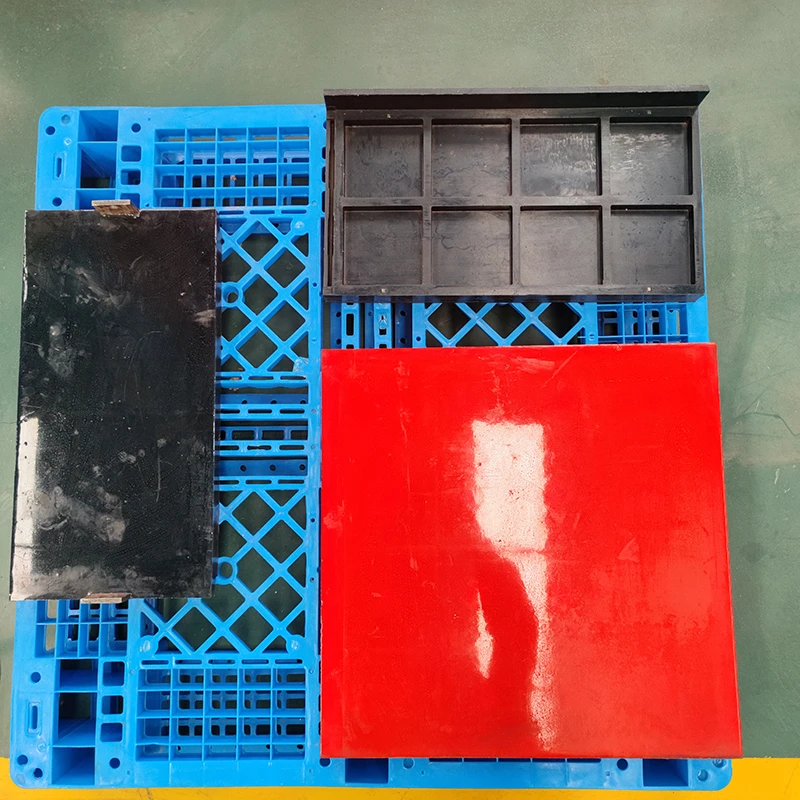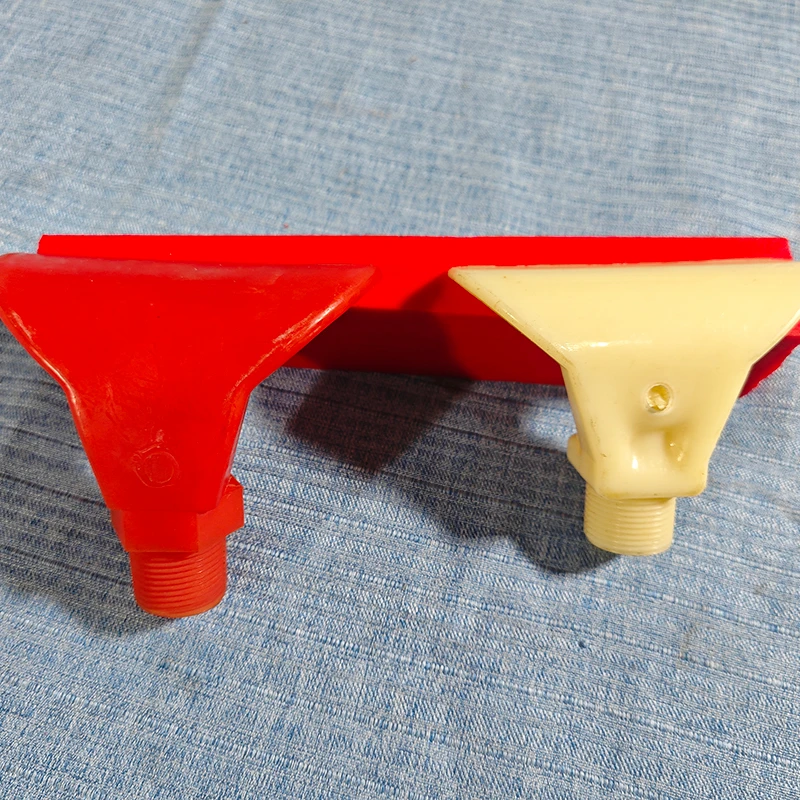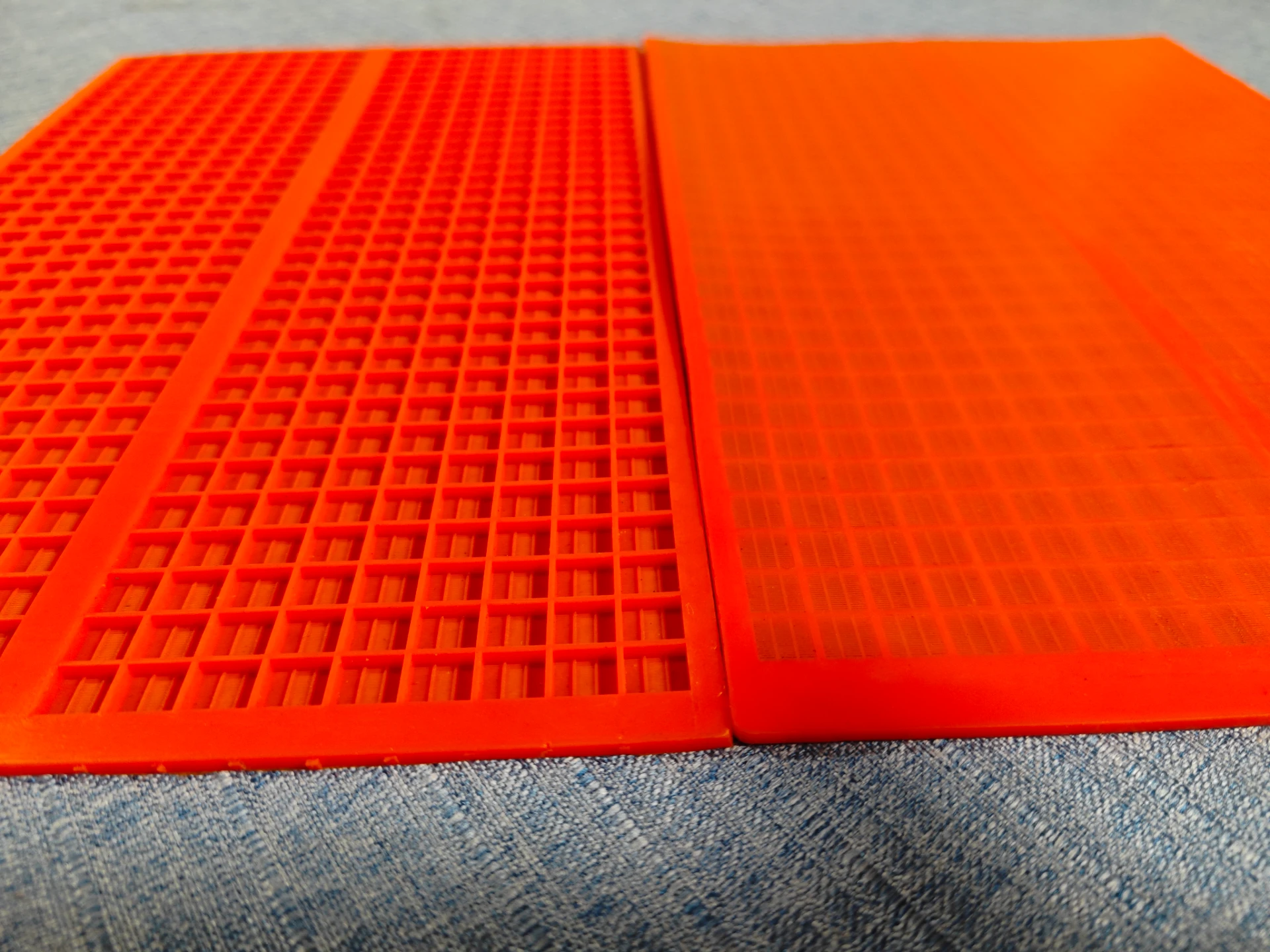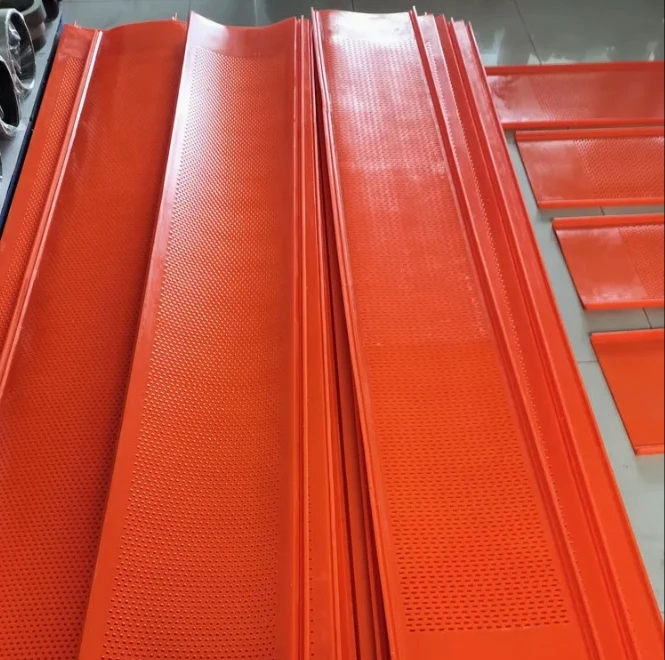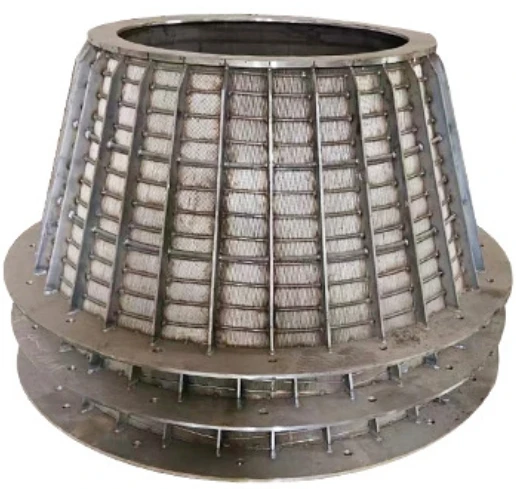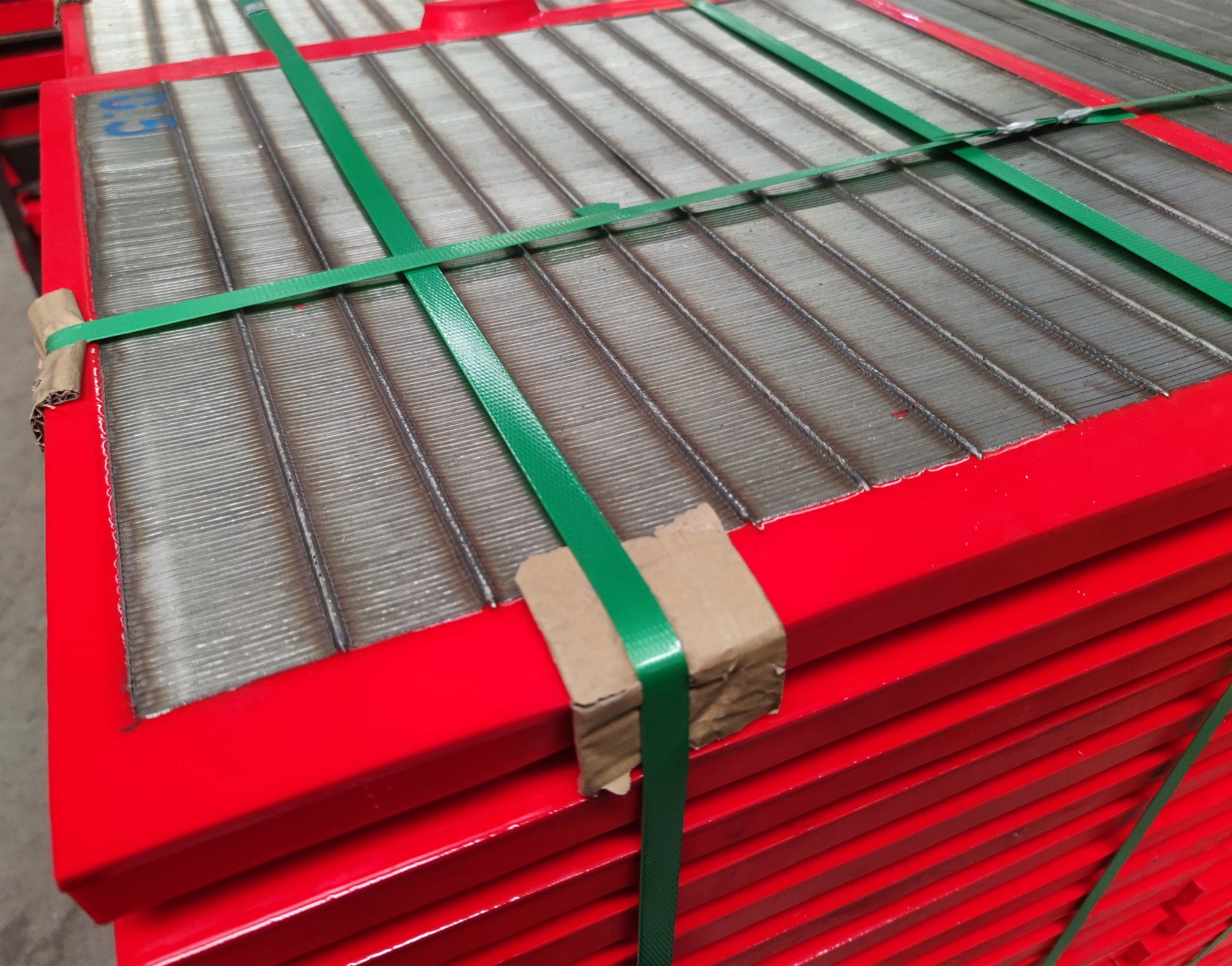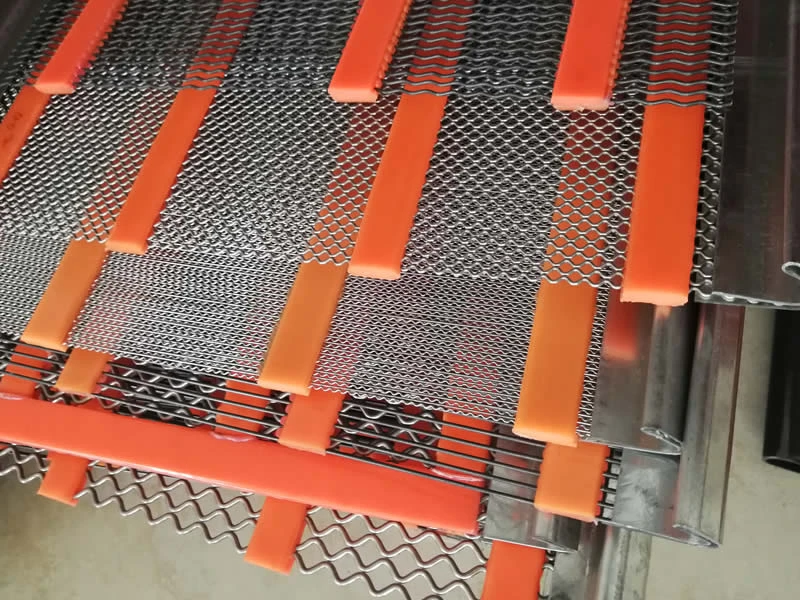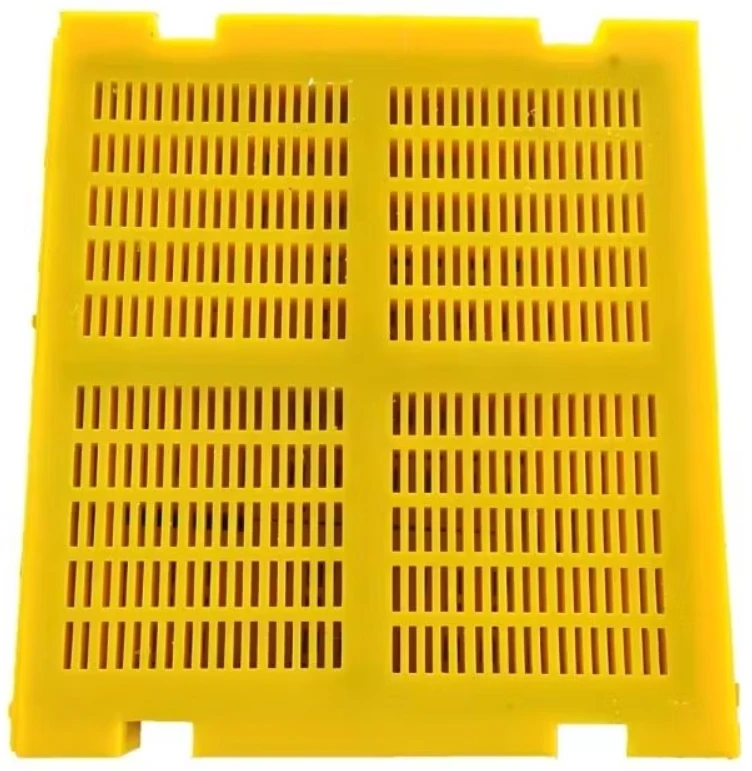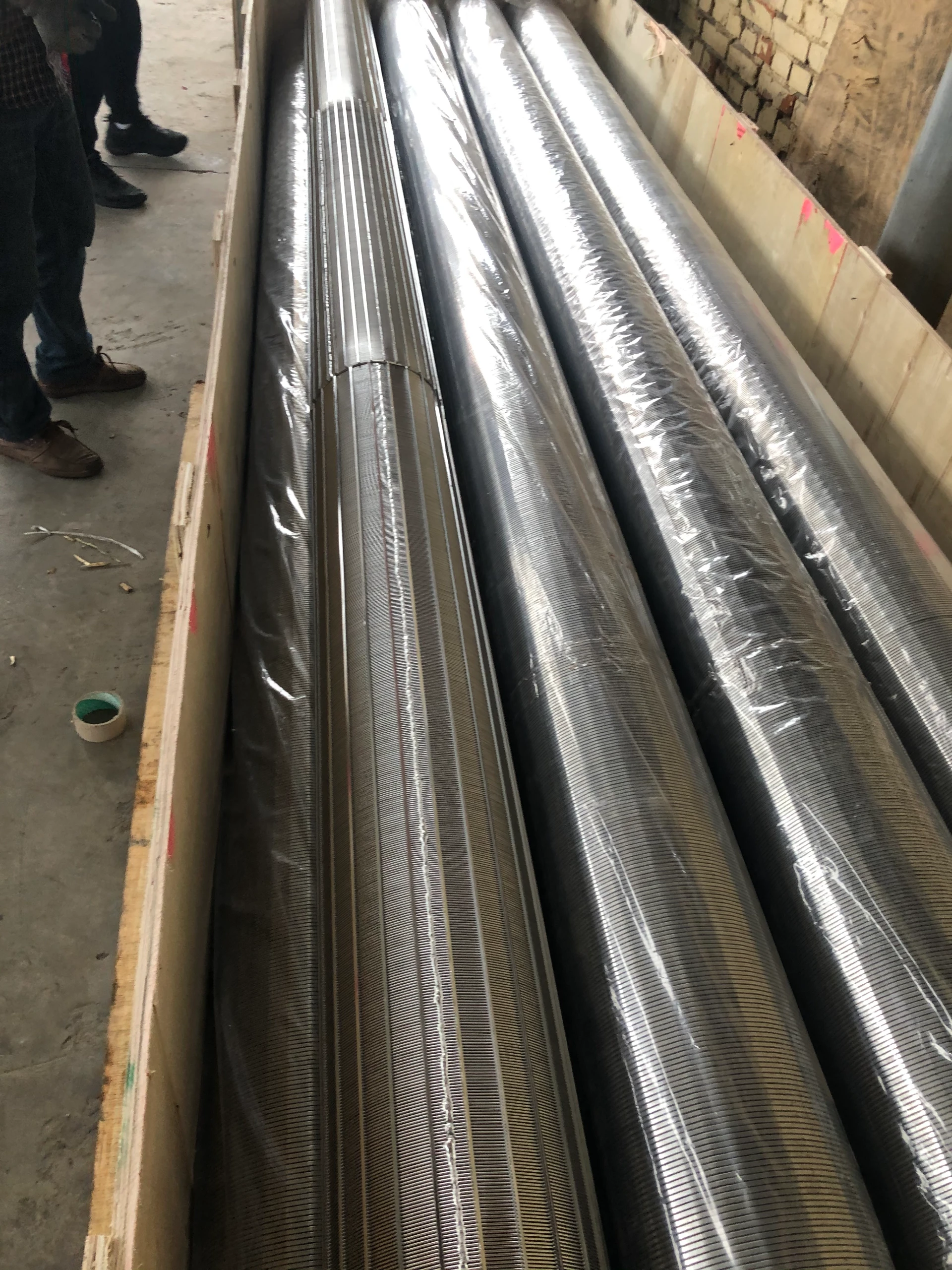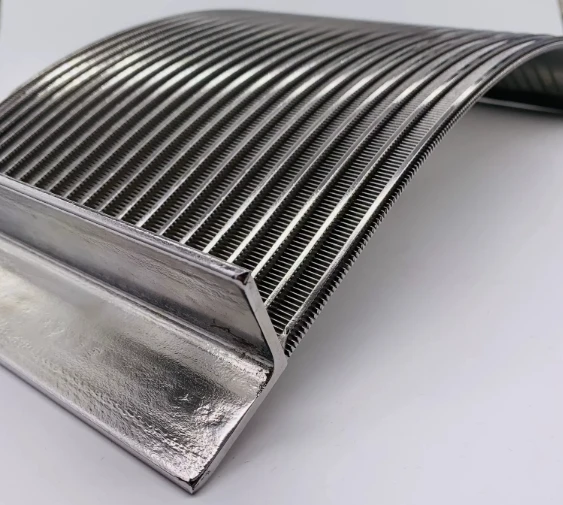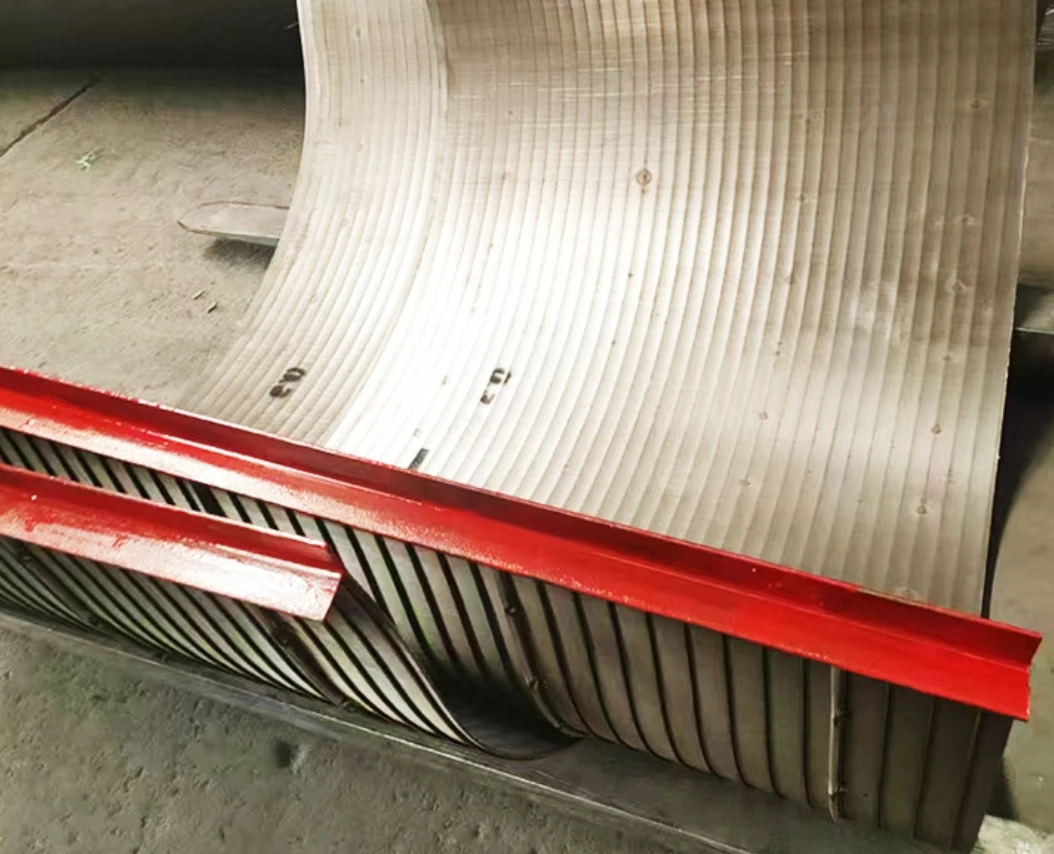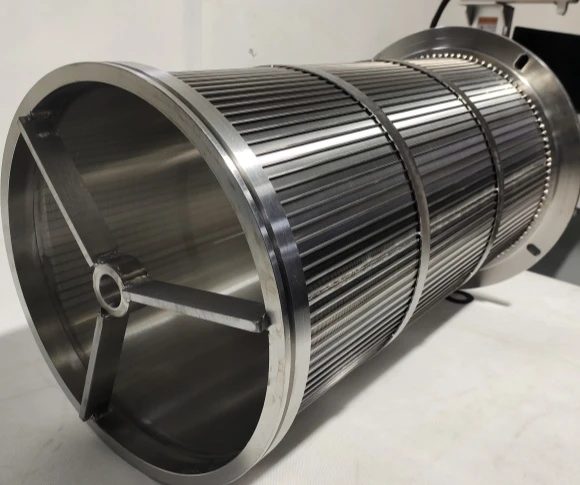- Introduction to Coanda Effect Screening Technology
- Technical Advantages & Operational Data
- Comparative Analysis of Leading Manufacturers
- Customization Options for Industrial Applications
- Case Studies: Real-World Deployments
- Selection Criteria for Suppliers
- Sustainability & Future Innovations in Coanda Screens
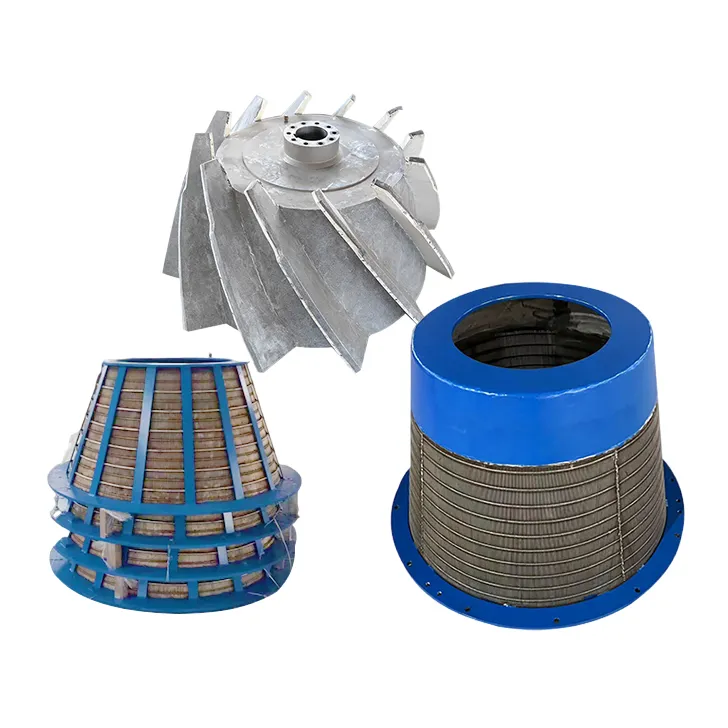
(coanda effect screen)
Harnessing the Coanda Effect Screen for Modern Separation Processes
The Coanda effect screen utilizes fluid dynamics principles to achieve 98.6% separation accuracy in mining and recycling operations. Unlike traditional vibrating screens, this technology reduces energy consumption by 35-40% while maintaining throughput rates of 150-800 tons/hour, depending on material density.
Technical Superiority Backed by Metrics
Advanced Coanda screens demonstrate measurable improvements:
- 60% lower wear rates compared to trommel screens
- 15°-35° adjustable inclination for precise material control
- 0.3-100mm customizable aperture ranges
Manufacturer Performance Benchmarking
| Manufacturer | Frame Material | Max Capacity (tph) | Warranty | Price Range (USD) |
|---|---|---|---|---|
| Vortex Dynamics | 316L Stainless | 850 | 5 years | $48,000-75,000 |
| FluidSep Systems | Hardox 450 | 720 | 3 years | $32,500-60,000 |
| AeroScreen Tech | Carbon Steel | 650 | 2 years | $27,800-52,000 |
Tailored Solutions for Specific Applications
Custom configurations address unique operational requirements:
- Corrosion-resistant coatings for marine environments
- Modular designs allowing 15-25% footprint reduction
- Dual-layer screens for multi-stage separation
Documented Success Across Industries
Mining: Chilean copper operation achieved 22% yield increase through precise 0.5-8mm particle separation.
Waste Management: UK recycling plant reduced screen blinding incidents by 89% after installation.
Evaluating Supplier Capabilities
Critical factors when sourcing Coanda screens:
- ISO 9001 certification compliance
- Minimum 10-year field service history
- Availability of CFD simulation reports
Coanda Effect Screen: Pioneering Sustainable Separation
Recent advancements integrate IoT monitoring (95% predictive maintenance accuracy) and recycled material construction (42% lower carbon footprint). Industry projections indicate 7.8% CAGR growth for Coanda screen adoption through 2030, driven by stricter environmental regulations.
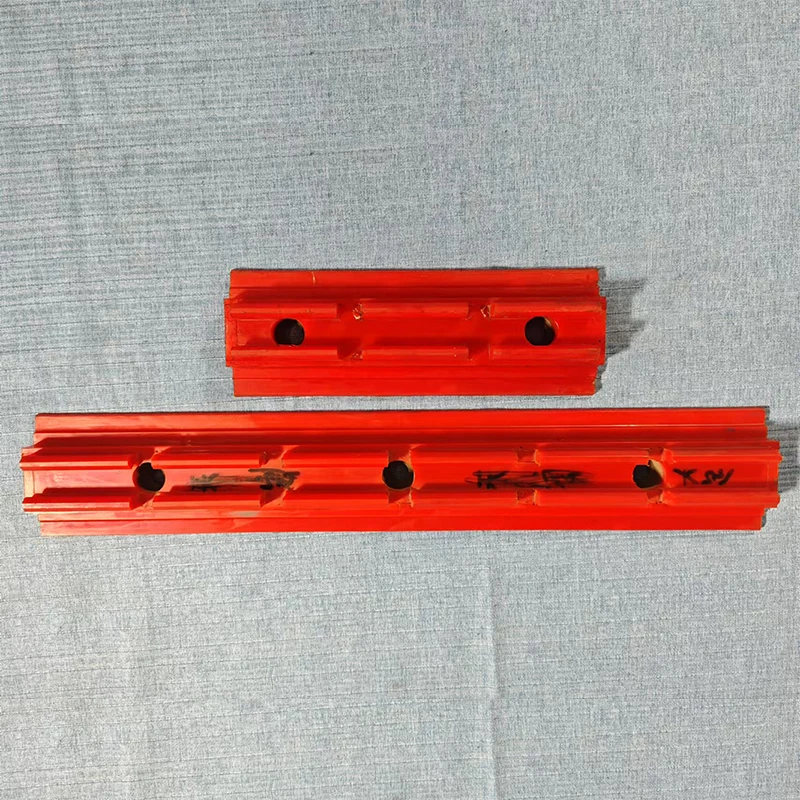
(coanda effect screen)
FAQS on coanda effect screen
Q: What is a Coanda effect screen?
A: A Coanda effect screen uses the Coanda phenomenon to separate solids from liquids by directing water flow over curved surfaces. This self-cleaning mechanism prevents clogging and ensures efficient filtration. It's widely used in wastewater treatment and industrial processes.
Q: How to choose reliable Coanda screen manufacturers?
A: Prioritize manufacturers with certifications like ISO 9001 and proven industry experience. Review case studies of their previous installations and verify material quality standards. Ensure they offer custom designs tailored to specific flow rates and site requirements.
Q: What factors differentiate Coanda screen suppliers?
A: Key factors include supply chain reliability, technical support, and after-sales service. Top suppliers provide hydraulic performance guarantees and use corrosion-resistant materials like stainless steel. Local regulatory compliance and quick delivery timelines also set leaders apart.
Q: Where are Coanda effect screens typically applied?
A: They're essential in municipal water intake facilities, hydroelectric power plants, and aquaculture systems. Mining operations and agricultural irrigation projects also benefit from their low-energy solid separation. Marine environments often use them for debris management.
Q: What maintenance do Coanda screens require?
A: Minimal maintenance is needed due to their self-cleaning design. Occasional inspections for debris accumulation and structural integrity checks suffice. Manufacturers typically recommend annual performance evaluations to maintain optimal efficiency.

